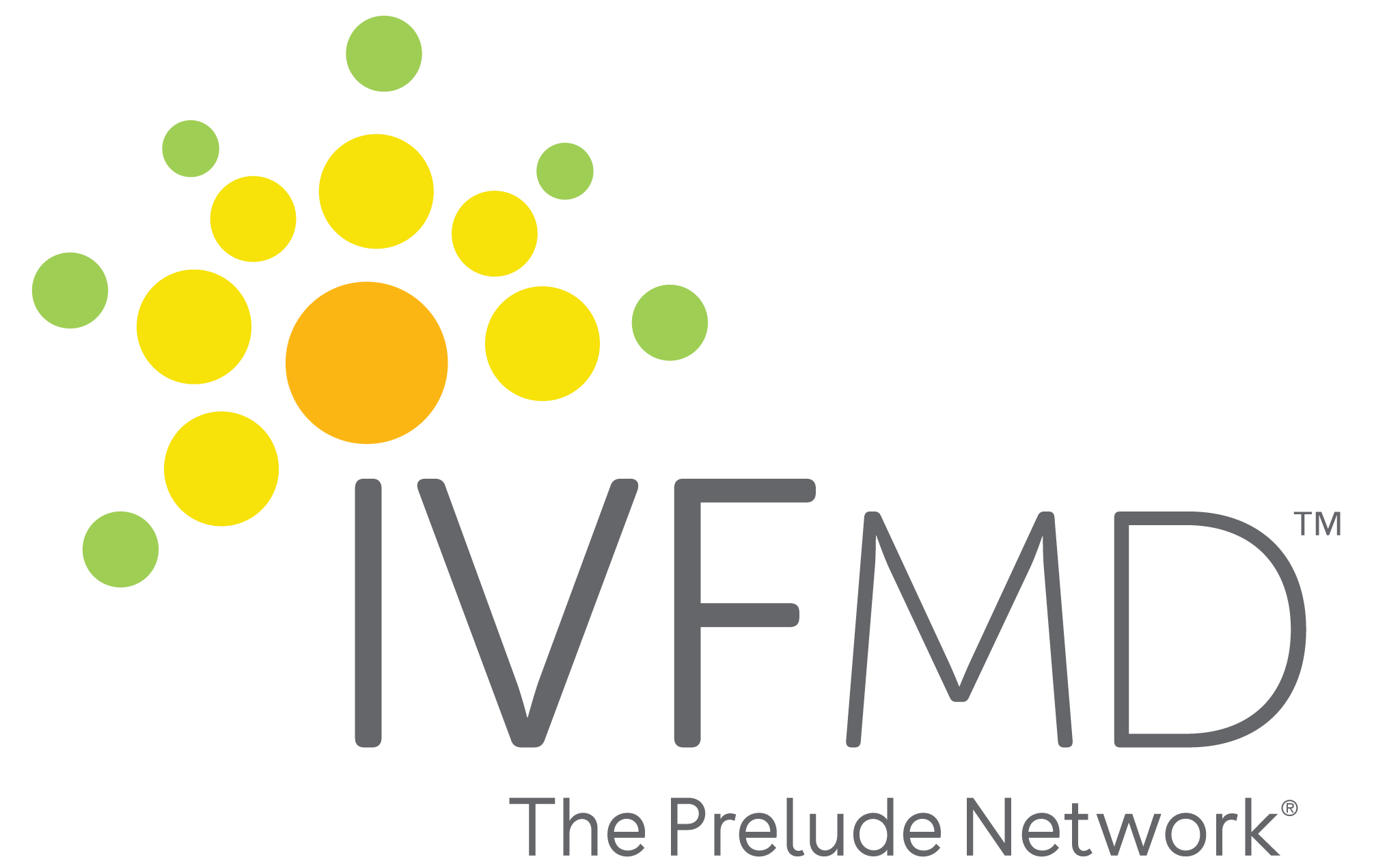7 Interesting Things That May Increase Someone’s Chances Of Getting Pregnant, According To Research
By Kristine Fellizar
Getting pregnant doesn’t come easily for everyone. But, according to research, there are some things that may increase someone’s chances of conceiving, and you may not be aware of them.
“There are a few general things women can do to increase one’s chances at getting pregnant,” Connie Alford, M.D., a Naples-based fertility specialist at Florida’s IVFMD, tells Bustle.” For instance, maintaining a healthy lifestyle, eating right, limiting caffeine, taking prenatal vitamins with DHA, and having sex frequently around the time of ovulation can really help. “Sperm can live for a few days in the female reproductive tract, so having intercourse early and often can definitely improve your chances,” Dr. Alford says. Nowadays, there are so many different apps out there that you can use to help track your cycle so you can maximize your chances, if you are looking to get pregnant.
Although some fertility experts may suggest certain sex positions or lubricants to help up your chances, Dr. Daniel Kort with Neway Fertility tells Bustle, “these haven’t been associated with increased pregnancy rates.”
But there are some surprising research-based things that are linked to an increase in pregnancy. So here are some weird, interesting, and lesser-known things that can increase someone’s chances of getting pregnant, according to research.
1. Eating Seafood
A 2018 study published in The Journal of Clinical Endocrinology and Metabolism found that people who consumed at least two servings of fish per week were 22 percent more likely to have sex. Furthermore, those who continued to each fish regularly for a year had a 92 percent chance of getting pregnant in that first year. According to researchers, the high levels of omega3 fatty acids found in seafood helps to reduce inflammation and increase blood flow, both of which are good for increasing your chances of getting pregnant.
2. Walking Leisurely
If you’re looking to get pregnant, living a healthy lifestyle can definitely help. But if you’re not one to hit the gym regularly, a 2018 study published in the journal Human Reproduction found that walking can be helpful. For some women in the study, walking leisurely or even just strolling for 10 minutes was found to improve their chances of getting pregnant. In general, those who exercised for more than four hours a week had significantly higher chances of getting pregnant than those who barely exercised at all.
3. Sleeping In Complete Darkness
A 2014 study published in the journal Fertility and Sterility found that darkness is important for “optimum” reproductive health in women. According to researchers, melatonin is pretty important for a woman’s fertility because it has antioxidant properties used to protect the eggs. So as Mark P. Trolice, M.D., founder and director of Fertility CARE: The IVF Center, tells Bustle, “Sleeping in total darkness for eight hours can increase the body’s natural melatonin.” Not only will you get a good night’s rest, but it will ensure that your body’s cycle is functioning as it should.
4. Saying Goodbye To Lube
If you’re looking to up your chances of getting pregnant, Dr. Trolice says, “Throw away the [spermicidal lube] because it’s […] toxic to sperm.” In fact, a 2014 study published in the journal Fertility and Sterility found that many personal lubricants out there have been found to reduce the motility of sperm. While there are some lubricants out there specifically made towards helping fertility, researchers from this study suggest staying away from silicon and water-based lubes if you’re trying to conceive.
5. Consuming Royal Jelly
“Believe it or not, there are a lot of weird ways to increase your chances of becoming pregnant,” Hethir Rodriguez, founder and president of NaturalFertilityInfo.com, tells Bustle. “One I highly recommend is eating royal jelly.” Royal jelly is the main food source for bee larva in their first three days of development. It typically contains water, proteins, sugar, fats, vitamins, and amino acids. It’s called “royal jelly” because it’s what queen bees typically eat. “Research finds royal jelly is nutrient rich, revitalizes the adrenal glands, and acts as a gentle phytoestrogen giving fertility a natural boost,” Rodriguez says.
6. Eating Seasonally
In general, eating healthy is a great way to increase your chances of getting pregnant. In fact, studies have found positive links between consuming folic acid, vitamin B12, and omega-3 fatty acids, and fertility. As Dr. Aaron K. Styer, MD of CCRM, tells Bustle, conscious eating is important if you’re looking to conceive. One way to practice this is to choose seasonal foods. “By choosing seasonal foods, you can help your body deal with the demands of the season and keep your body in an all-systems-go posture when you are trying to conceive,” he says. For instance, during winter in New England, the body must deal with the elements of cold and dryness. Eating warm meals and drinking hot beverages, greatly reduces the demands placed on the body to maintain its interior warmth and moisture. “Choosing recipes for casseroles, soups, congees (think Chinese oatmeal) combine the warmth and moisture needed to combat demands of the cold winter months,” he says.
7. Thinking Positively
It may be a challenge, and positive thinking may not guarantee a pregnancy, but it doesn’t hurt. Studies like one from the University of California, Los Angeles have found that practicing mindfulness can have a positive effect on your health. When you’re more aware and living in the now, it can help to manage stress and anxiety. According to Dr. Styer, this is pretty important if
you’re trying to conceive. Each day you have another chance to hit the reset button. “Every day has 1440 minutes of opportunity to either keep on your current path or try something new,” he says. “Most women I see are so focused on what isn’t working, they forget to note what’s going well. Having a positive perception can make a huge difference during this time of your life.” Focusing on “fertility” instead of “infertility” may make all the difference between seeing options or roadblocks.
Unfortunately, conceiving doesn’t have a magic formula, and certain recommendations will not work for everyone. But overall, living a healthy lifestyle is your best bet — these are just a few unusual and lesser known things that might also help.




